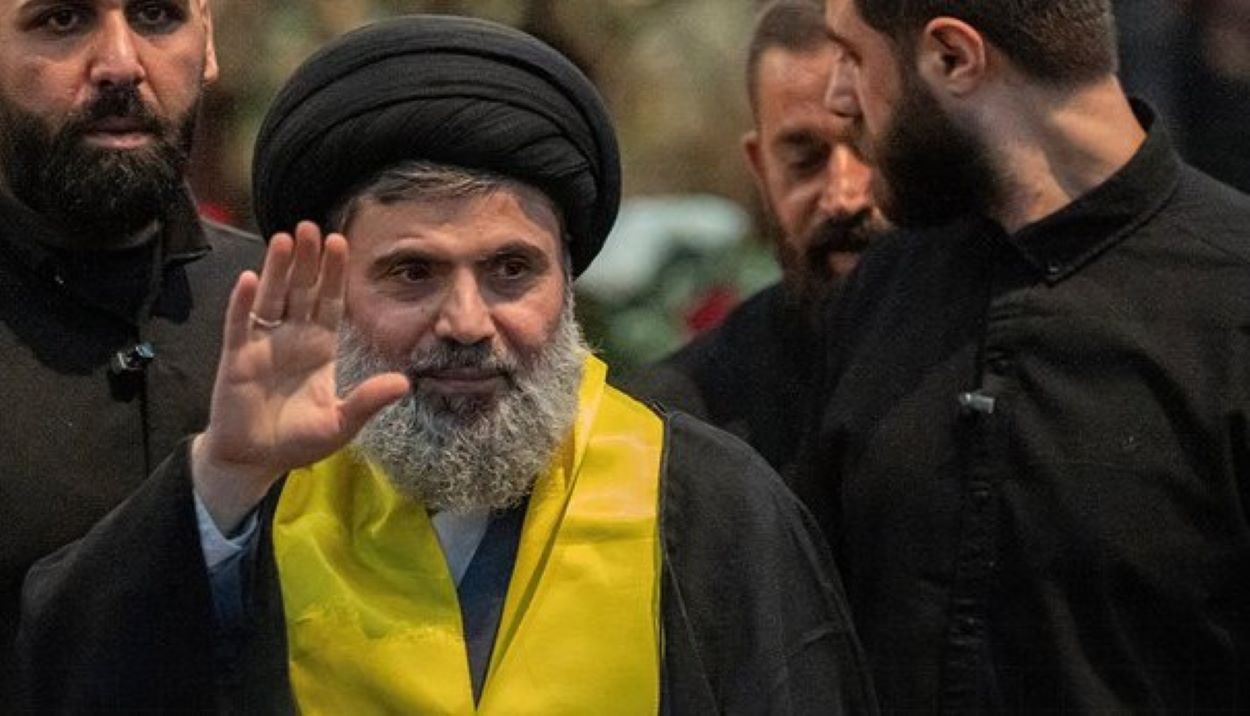Following an Israeli airstrike on Beirut’s southern suburbs, Hashem Safieddine, the heir apparent to Hezbollah’s leadership, has been uncontactable since late Thursday.
Israeli officials, as reported by Axios, stated that the strike targeted Safieddine in an underground bunker.
Since Friday, subsequent Israeli airstrikes in the Dahiyeh area have hindered rescue efforts at the attack site, according to Lebanese security sources. Hezbollah has not commented on Safieddine’s status following the incident.
Israeli Lieutenant Colonel Nadav Shoshani reported that Thursday night’s airstrikes were aimed at Hezbollah’s intelligence headquarters. The potential loss of Nasrallah’s successor could represent a significant setback for Hezbollah and its Iranian backers. Over the past year, Israeli operations have intensified, targeting Hezbollah’s leadership across the region.
On Saturday, Israel expanded its military operations to include its first strike in Tripoli, marking a broader conflict escalation in Lebanon. This follows a nearly year-long exchange of hostilities with Hezbollah, which had been largely confined to the Israel-Lebanon border. The aim of these expanded operations, according to Israeli sources, is to ensure the safe return of Israeli citizens to northern Israel, an area heavily bombarded by Hezbollah since October 8 of the previous year.
The Israeli campaign has been deadly, claiming the lives of senior Hezbollah figures, including Secretary General Nasrallah, and numerous Lebanese civilians, which Lebanese officials report. The conflict has displaced over a million Lebanese people.
On a related note, a recent Israeli strike on a Palestinian refugee camp in Tripoli resulted in the deaths of a Hamas member and his family. The Israeli military has yet to comment on this specific attack.
As tensions continue, Israel deliberates over its strategic response to Iran, which has been a significant backer of both Hezbollah and Hamas. Recent escalations include Iranian missile strikes against Israel, which reportedly caused minimal damage. Amidst this, global oil prices have surged due to potential threats to Iranian oil facilities, reflecting the broader geopolitical implications of the conflict.






